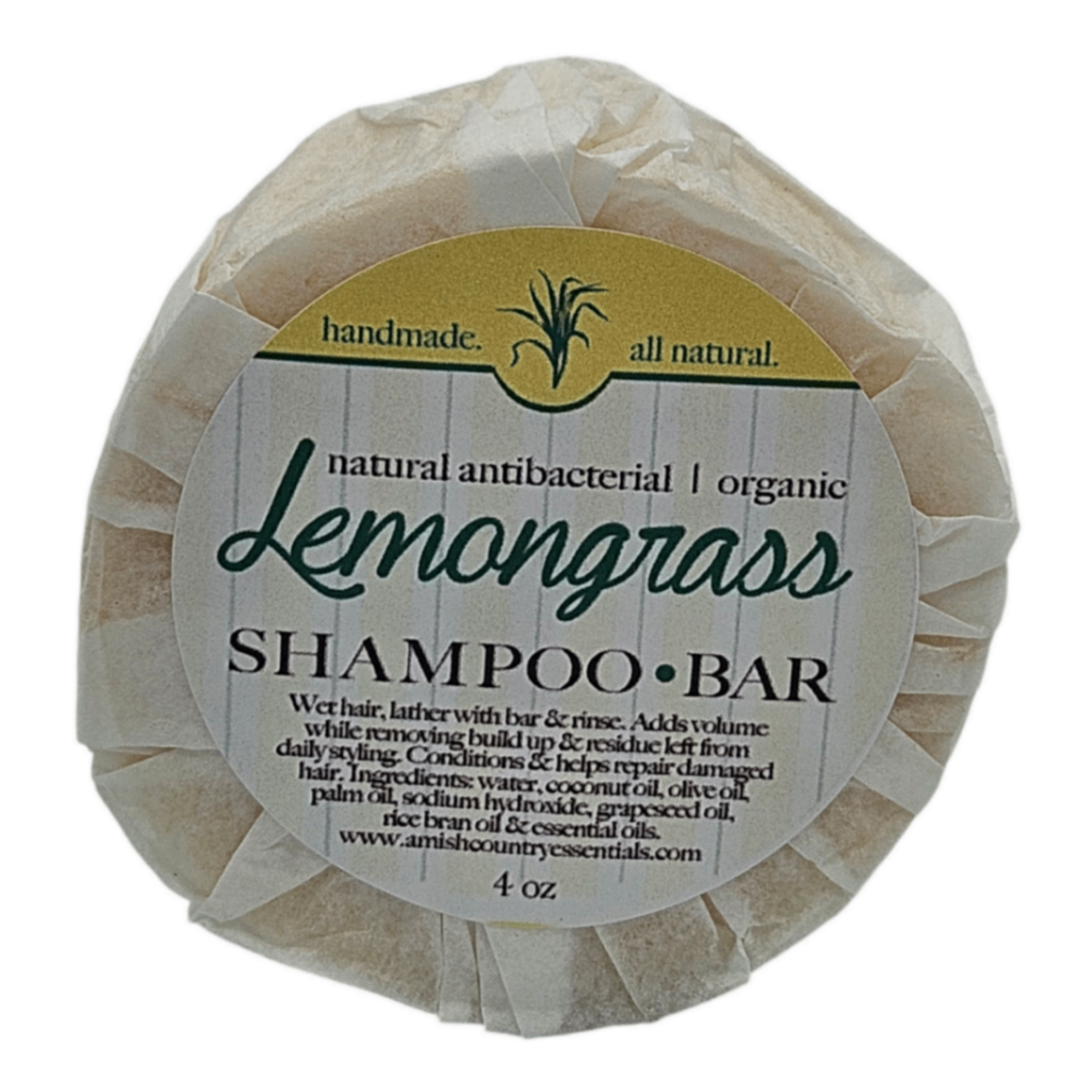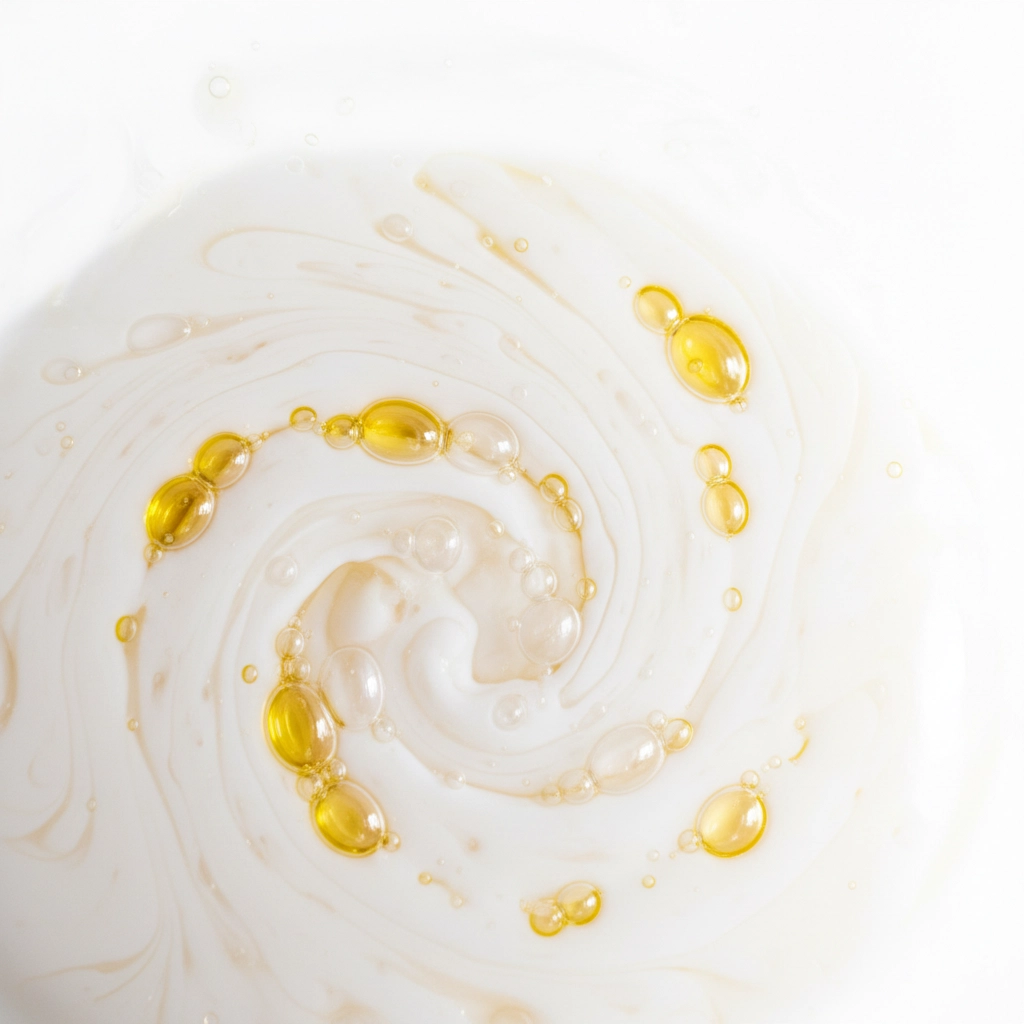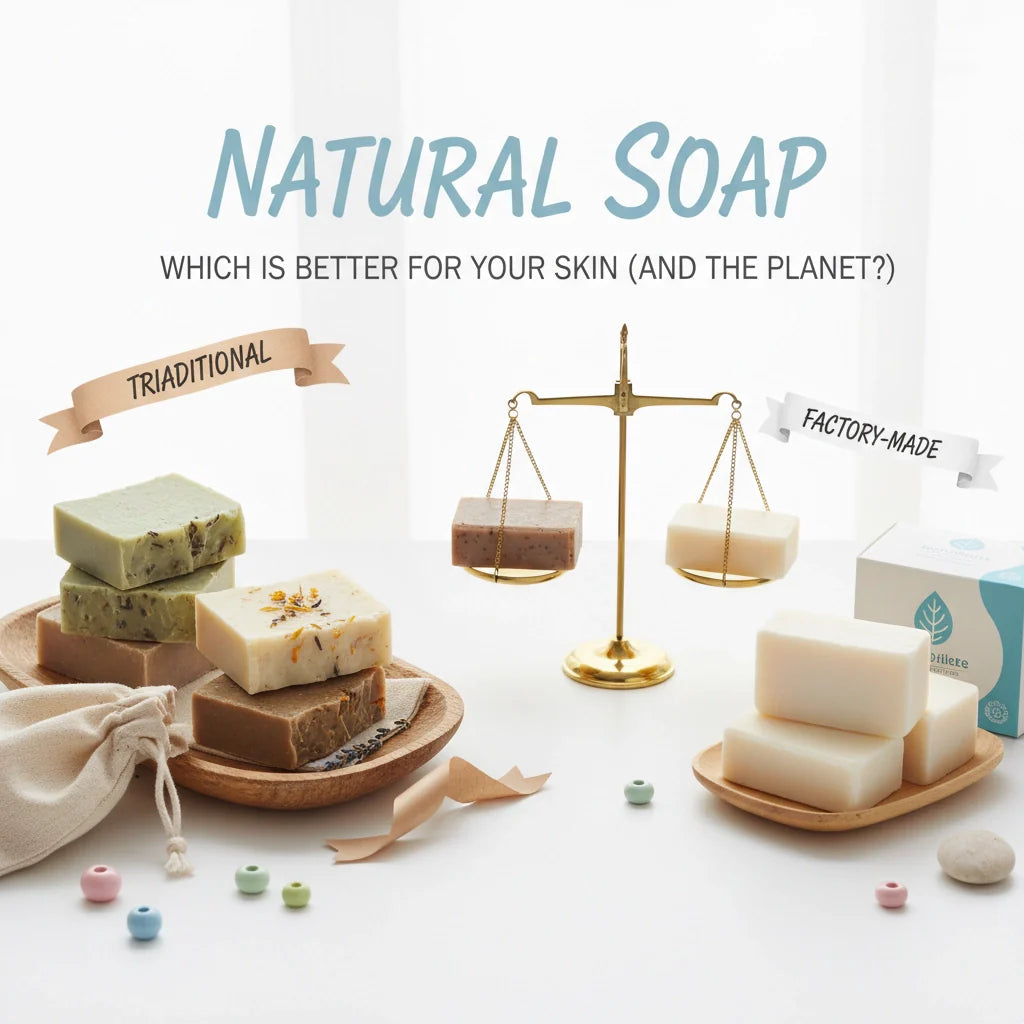If you've been standing in the soap aisle wondering whether to choose that artisan bar from a local maker or the natural soap from a major brand, you're not alone. The natural soap market has exploded, but not all natural soaps are created equal. Understanding the difference between traditional handmade methods and factory production can help you make the best choice for your skin and the environment.
What Makes Traditional Soap Different
Traditional soap making is a delicate dance of art and science. When artisans handmake bars in small batches, they pay meticulous attention to every detail. This process involves combining oils and fats with lye through a chemical reaction called saponification, creating that characteristic sudsy lather you love.
The key difference lies in what happens to glycerin during production. Traditional soap makers retain all the natural glycerin that forms during the soap-making process. Glycerin acts as a natural humectant, drawing moisture to your skin rather than stripping away your natural oils. This means every bar naturally moisturizes while it cleanses.
Factory-made soaps, even natural ones, often prioritize efficiency over craftsmanship. In conventional mass production, manufacturers frequently remove glycerin to sell separately for additional profit, leaving you with a product that can dry out your skin.

How Your Skin Responds to Each Method
Your skin's health depends largely on maintaining its natural moisture barrier. Traditional natural soap excels in this area because it hydrates rather than dehydrates. The retained glycerin works alongside plant-based oils like olive, coconut, and castor oils to provide thorough cleansing while supporting your skin's natural defenses.
If you have sensitive, dry, or irritated skin, you'll likely notice the difference immediately. Traditional soap feels gentler and leaves your skin feeling soft rather than tight. The natural antibacterial and antifungal properties found in many plant-based ingredients provide effective cleansing without harsh chemicals.
Factory-made conventional soaps rely heavily on synthetic detergents and chemicals that can compromise your skin barrier over time. Even when labeled as "natural," mass-produced soaps may contain synthetic fragrances, preservatives, and foaming agents that can cause irritation for sensitive skin types.
Environmental Impact: The Clear Winner
When comparing environmental footprints, traditional soap making comes out significantly ahead. The production process requires minimal energy and water consumption compared to factory manufacturing. Local sourcing of plant-based ingredients reduces transportation emissions, while biodegradable ingredients break down easily in waterways without harming aquatic life.
Factory production tells a different story. Mass manufacturing requires high energy consumption and extensive processing. Conventional soaps introduce synthetic chemicals, phosphates, and surfactants into water systems, creating toxic runoff that damages ecosystems. The packaging alone, often plastic-heavy, contributes significantly to landfill waste.
Consider the water pollution factor: when you rinse traditional natural soap down the drain, you're releasing biodegradable plant-based ingredients that won't harm the environment. Factory-made conventional soaps introduce synthetic substances that persist in waterways and accumulate in marine life.
Quality Control and Ingredient Integrity
Traditional soap makers typically work with fewer, higher-quality ingredients. When you're making small batches by hand, every ingredient matters. This attention to detail means you're more likely to find organic oils, pure essential oils, and carefully selected additives that benefit your skin.
The transparency in traditional soap making also works in your favor. Small-batch producers often list every ingredient clearly and can explain exactly why each component was chosen. Many use certified organic ingredients and avoid synthetic preservatives, colorants, and fragrances that can trigger skin reactions.
Factory production, while more affordable initially, often involves compromises in ingredient quality. To maintain consistency across massive batches, manufacturers may rely on synthetic alternatives or lower-grade oils. The focus shifts from optimal skin benefits to shelf stability and cost efficiency.

The Lather Question: Does Less Foam Mean Less Clean?
You might notice that traditional natural soap produces less lather than factory-made versions. This doesn't mean it's cleaning less effectively. The abundant foam in commercial soaps comes from synthetic foaming agents like sodium lauryl sulfate, which can actually irritate sensitive skin.
Natural soap creates a creamy, gentle lather that cleanses thoroughly without stripping your skin. The plant-based oils provide excellent cleaning power while maintaining your skin's natural moisture balance. Once you adjust to the different feel, many people prefer the gentler cleansing experience.
Making the Right Choice for Your Needs
Choose traditional handmade natural soap if you:
- Have sensitive, dry, or easily irritated skin
- Want to minimize your environmental impact
- Prefer supporting small businesses and artisan craftsmanship
- Value ingredient transparency and quality
- Are willing to invest slightly more for superior skin benefits
Factory-made options might work if you:
- Need consistent availability and lower cost
- Have resilient skin that doesn't react to synthetic ingredients
- Prioritize convenience and familiar brand recognition
- Don't mind the environmental trade-offs
Remember that transitioning from conventional to natural soap may require an adjustment period. Your skin might need time to rebalance after years of synthetic products, but most people notice improvements in skin softness and reduced irritation within a few weeks.

Quality Indicators to Look For
When shopping for natural soap, whether traditional or factory-made, look for these quality markers:
- Ingredient list: Shorter lists with recognizable ingredients typically indicate higher quality
- Glycerin retention: Ensure glycerin appears in the ingredient list
- Essential oils vs. fragrance: Pure essential oils are gentler than synthetic fragrances
- Organic certification: Look for certified organic ingredients when possible
- Clear labeling: Reputable makers clearly identify all ingredients and their sources
The Long-Term Perspective
While traditional natural soap might cost more initially, consider the long-term benefits. Better skin health means fewer products needed to address dryness or irritation. Environmental benefits compound over time, contributing to cleaner waterways and reduced packaging waste.
Factory-made conventional soaps may seem economical, but the hidden costs: potential skin problems, environmental damage, and supporting unsustainable practices: add up over time.
Your daily soap choice might seem small, but it connects to larger questions about sustainability, health, and the kind of businesses you want to support. Traditional soap making preserves artisan skills while providing superior products for your skin and the environment.
Making the switch to traditional natural soap represents a simple but meaningful step toward better personal care and environmental responsibility. Your skin will thank you, and you'll know you're making a choice that benefits both your health and the planet's well-being.



